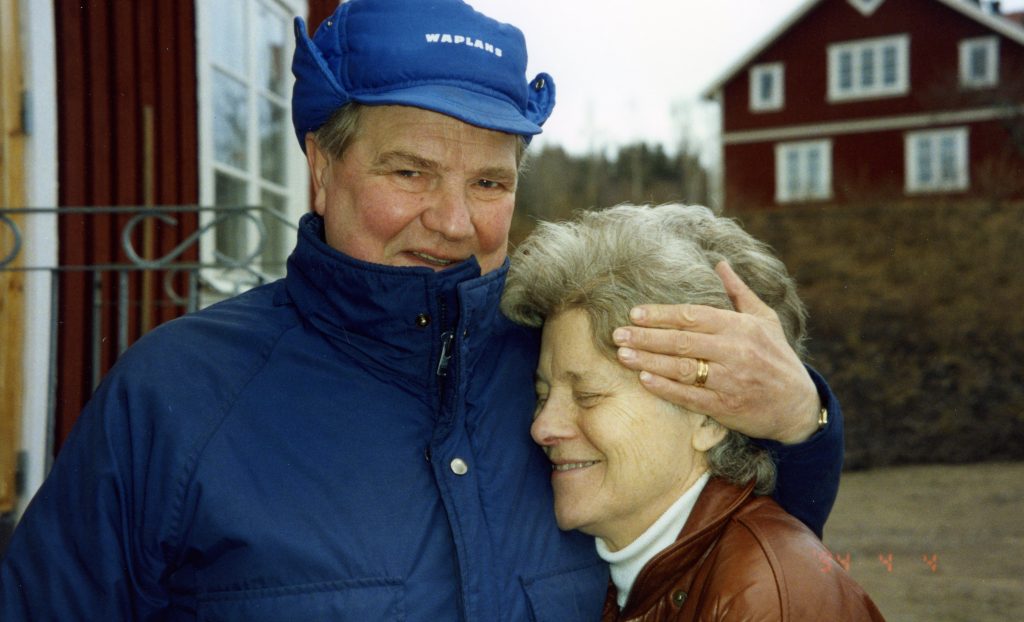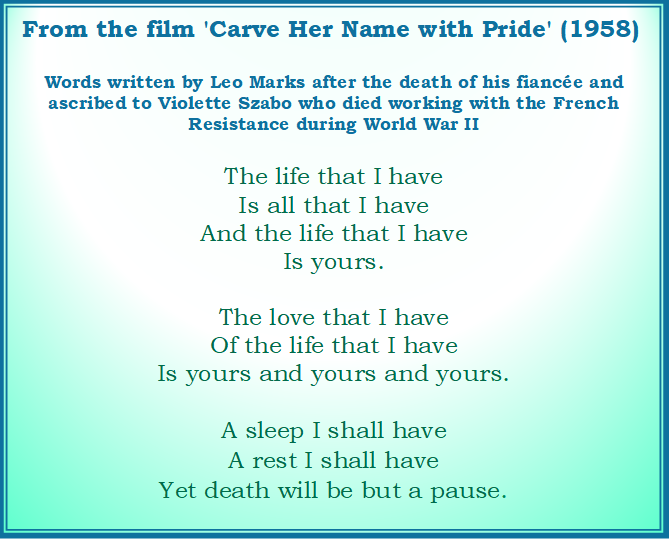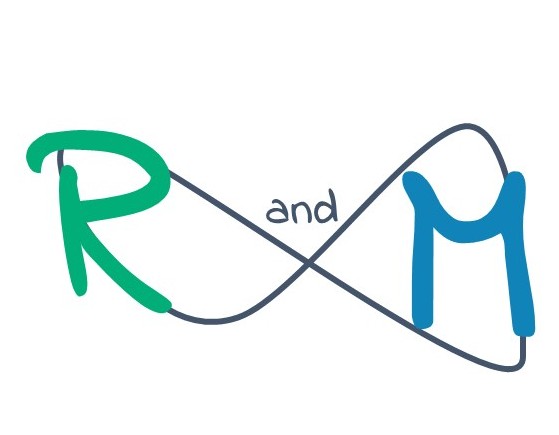Love is all we need

To say, “I hate yellow” or “I hate sausages” is trivializing a dangerous word. Saying, “I hate Catholics or Jews or Muslims or whites or black people or…..” is not just harmful, hurtful and dangerous, it is illogical
The United Nations has the following to say about hate speech.
“Hate speech is a menace to democratic values, social stability and peace. As a matter of principle, the United Nations must confront hate speech at every turn. Silence can signal indifference to bigotry and intolerance, even as a situation escalates and the vulnerable become victims.
Tackling hate speech is also crucial to deepen progress across the United Nations agenda by helping to prevent armed conflict, atrocity crimes and terrorism, end violence against women and other serious violations of human rights, and promote peaceful, inclusive, and just societies.
Addressing hate speech does not mean limiting or prohibiting freedom of speech. It means keeping hate speech from escalating into something more dangerous, particularly incitement to discrimination, hostility and violence, which is prohibited under international law.”
The problem with the above is that it neither makes clear what constitutes hate speech, nor does it tell us what we can do about it. It seems to me that many are crying ‘hate speech’ when they feel offended by a comment or simply disagree with sentiments expressed, and this seems to be a cry taken up by the media.
Does, ‘I was jostled by a group of rowdy football fans….’ count as hate speech? Is this a simple description of an objection to being pushed or bumped by a group of football supporters excitedly celebrating after a winning match by their team? Or can it be assumed as underlying hatred of all football supporters, and therefore be incitement to discrimination and hostility against football fans in general?
Whilst we all make mistakes, we must try to say what we mean and mean what we say. The right words are important and the uncritical expansion of meaning of words, the use of obscure abbreviations and acronyms, and difficulties in understanding and interpretation can all lead us to irritate or humiliate people and cause all sorts of other trouble when we didn’t mean to.
To say, “I hate whites” is discriminating – meaning that you hate all whites that exist, but it is dangerously confusing if you don’t give any explanation of why. It is also incriminating because without saying why whites are ‘hateful‘ we cannot understand that some whites are nice people and not guilty of bad words or actions. This is why I claim it is illogical to say you hate a group without first saying exactly what it is that they do/have done that you hate. Also, if the problem is about a particular individual, it must be about one out of the multitude aspects of that person, and always an particular action by them that leads to dislike. If they have once said something hateful, or done something bad, should that be used against them forever? This is an unjustifiable position – how many people do you know that always behave in the same, particular way? If they have once said something hateful, or done something bad, should that be used against them forever? Can’t people change? Is forgiveness always out of the question? Especially, before labelling someone as hateful I would like to know something about the motivations behind their actions; we don’t want to group together the truly evil people who consciously want to cause harm, with those that are weak and mislead, or with those that made an unconscious error.
I feel sad and irritated when I read or hear ‘hatred’ about unknown others who are indiscriminately bunched in with a hate-targeted group. Should I have said that I hate those people who make such untrue accusations? I certainly should not do that even if I feel it because that’s how fights and even wars start.
What do you think about Angela Raynor, deputy leader of the Labour party in the UK, who referred to ‘Tory scum’? She made a huge error, which bravely she admits, since there are many, many Tories who are lovely honorable people. And what happened: she now has hate mails and even death threats. She should not be too surprised, but I am very disappointed, both by her thoughtless statement and the ensuing responses.
All serious differences, be they emotional, scientific, or political, in the end must be settled by dialogue, compromise, and peace treaties: it is very sad that killings and the threat of warfare, and even genocide sometimes seem to be the only thing that brings people to the treaty table and ultimate reconciliation.
What can we do that might stop hate speech and even more importantly hateful and harmful human actions? Could I propose the most simple approach? Why don’t we try promoting hate’s opposite, love speech, again? But more important we need to see love and empathy in interactions and actions affecting others. A great deal more knowledge is available about the sociology, physiology, psychology and philosophy of love since the time the major religious scriptures were written. Over generations, the nature and effects of love have been discussed and debated in many kinds of situations and places worldwide.
The Bible and the Quran were most concerned in the love of God, possibly due to increasing awareness and discussion about their universe between groups of humankind. Later writings in religious texts suggested variously that those who love a deity should also love his creation – us. Loving a ‘God’ is easy in some ways because there are no agreements, only conjectures about Her/His/Their attributes. The assumption of their goodness seems to be mostly based on the idea that they created us and that they must love us as a human parent loves their offspring. It was, and is, supposed to follow that we must love each other being part of God’s family. The problem is that we don’t agree about which God is real, or which family might have precedence!
Nowadays, philosophical, sociological, psychological and even fictional literature concerns the existential and phenomenological aspects of love. Many of us from the Western world less and less think of a God at all, and not even as ‘humanoid’, as depicted in the past. All kinds of writings have thoughts about both deities and creation, for example, Sally Rooney’s recent book, ‘Beautiful world. Where are you?’ mentions that humans, like the rest of the material world, are just packages of atoms (in chapter 29): “When one person kills or harms another person, then there is ‘something’ – isn’t there? Not simply atoms flying around in various configurations through empty space. I don’t know how to explain myself, really. ….. But increasingly I think it’s because, in one way or another, they do believe in God – they believe in the God that is the deep buried principle of goodness and love underneath everything.” A different example is God as a self-conscious mysterious Universe (see Jostein Gaarder’s ‘Maja’). Others may consider Jung’s ‘collective unconscious’ supplants God in some metaphysical way.
Nearly all of this literature, however, and the views of many religions, assume a connectiveness between the thoughts and aspirations of all humans and for the opposite of hate, which is love. Isn’t it time we used the language and actions of love, and I don’t only mean the soft, mentally and physically protective nor sexual relations.

Love is strong, and in a broader sense means ongoing care and advice. It means empathy and respect being foremost in our consciousness in dealings with both other humans and other living creatures; wanting to do something good to help others – humans, other animals and also plants that constitute a healthy Earth.
Surely these are the preeminent thoughts, emotions and activities we should consider vital. I think that owning excessive amounts of money, stocks, shares, bonds, properties and other markers of economic success are not personally fulfilling. Greed in the face of other’s poverty is not something to be proud of, and neither is the accumulation of wealth with the purpose of gaining power over others. Greed and domination of others are linked to war and pillage, slavery and rape. All of that must be relegated to a horrid past. What I want to see is a return of real ‘noblesse obliges’, where the essence of success is to help others to move towards bettering themselves and getting their own self-fulfillment along the way.
We must act to use ‘love speech’ instead of ‘hate speech’. ‘Avoiding hate speech’ should be replaced by an optimistic ‘Encourage love speech’. And we don’t, ‘Hate X/Y/Z’ instead we must, ‘Love to see those people who feel intimidated, reviled or persecuted in any way given, whenever reasonable, the support they need to be safe and happy. We should also love the Earth that surrounds us, despoil and ruin it.
Society should, however, neither just gloss over unpleasant issues by only making changes in words such as camouflaging them by euphemisms; nor getting too sensitive and angry when someone has inadvertently used an inflammatory word. Changing behaviour is a slow process, but it is the main challenge we face. ‘Speak as you find’ and ‘Actions speak louder than words’ are truisms from my past that I try to follow.
Just think, when I was young, all Africans were referred to as ‘negros’ regardless of origins, beliefs and customs. Not only that but it was a term that became linked to slavery. Since this was demeaning, we started to use another description, ‘black’ which then often included other people with a dark skin outside Africa, further compounding and complicating a negative association. In recent years ‘Afro-American’ has been the accepted term for those many in the USA that have lived there for generations. The reintroduction of black as in ‘Black Lives Matter’ can be seen as very confusing for old folk like me!
Changing the name of the occupation ‘cleaner’ to ‘economy assistant’, however, is misleading and does not alter the nature of the work done but, much more serious, does not change how the work is respected. That is the important matter: there is a need for society to value the very important, and perhaps unpleasant job, a cleaner does.
The idea of ‘hate speech’ in offensive dialogue and action keeps finding new, novel situations. Woke used to be just the past tense of ‘wake’. Now, according to Wikipedia, “Woke is a term originating in the United States that originally meant to be alert to racial prejudice and discrimination. Beginning in the 2010s, it came to encompass a broader awareness of social inequalities such as sexism, and has also been used as shorthand for left-wing ideas involving identity politics and social justice, such as the notion of white privilege and slavery reparations for African Americans…….Following the shooting of Michael Brown in Ferguson, Missouri in 2014, the phrase was popularised by Black Lives Matter (BLM) activists seeking to raise awareness about police shootings of African Americans. After being popularized on Black Twitter, the term woke became an Internet meme and was increasingly used by white people, often to signal their support for BLM, which some commentators have criticised as cultural appropriation. Mainly associated with the millennial generation, the term spread internationally and was added to the Oxford English Dictionary in 2017. The terms woke capitalism and woke-washing were coined to describe companies who signalled support for progressive causes as a substitute for genuine reform. By 2020, parts of the political center and right wing in several Western countries were using the term woke, often in an ironic way, as an insult for various leftist movements and ideologies perceived as over-zealous or insincere. In turn, some left-wing activists came to consider it an offensive term used to denigrate those campaigning against discrimination.”
Is ’woke’ as an adjective a compliment or is it derogatory? It depends on context doesn’t it?
We use all kinds of language to hide/avoid words that describe people who might be offended – individuals or groups, e.g. g***y, n****r or those that might be generally offensive e.g. p**s, s**t.
My proposal is that we must avoid hate against individual people and must definitely not use hate words about groups of people most particularly when we cannot be sure they are all guilty of bad deeds. Any strong negative feelings we have should be about what people actually do and say on a particular occasion: they are hateful acts, not necessarily totally hateful people.
There are some dangerous, aggressive verbs, e.g. fight’, ‘retaliate’, ‘penalise’, ‘force’, ‘attack’, ‘threaten’, ‘kill’ that can provoke hate. It is thoughtless, or perhaps sometimes consciously provocative, people who use such words against another person. They are currently seen in the media reporting on political problems between the EU and Poland, France and Britain and China and Taiwan. It is such verbs that incite us to action and may cause greater harm. Firmness in politics is necessary, but we must avoid escalating the toxic exchanges. We need solutions that harmonise and compromise, with great thought being given to those that that will be harmed, even killed, if there is combat or other hostile action. What we need is ‘dialogue’, ‘settlement’, ‘compromise’, ‘debate’, ‘empathy’, ‘harmony’.
In Prof. Terry Eagleton’s work entitled ‘The Meaning of Life’, my interpretation of his conclusion is that self-fulfillment (personal happiness, the free flourishing of all our faculties) was one part of the meaning of life, but he was adamant that without the love, the compassion, justice and empathy, to allow others to do the same, your own true happiness is not possible.
If we follow such a path through life, we can then save trillions of any currency – money which is spent globally on warfare – and, instead, use it peacefully for everyone: an optimistic dream, but I absolutely HATE the idea of things going in the opposite direction!


